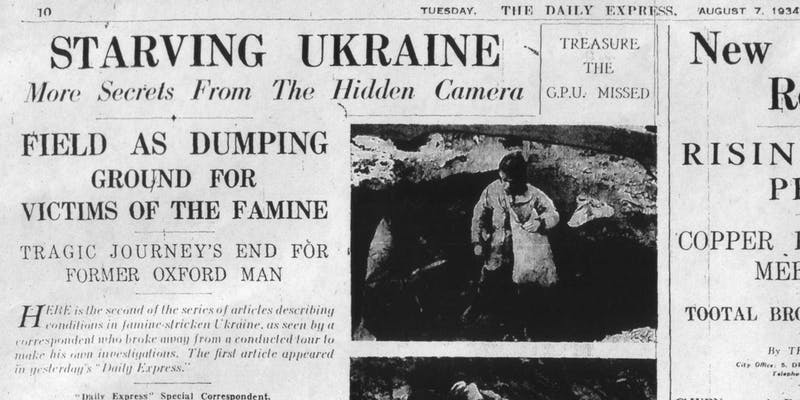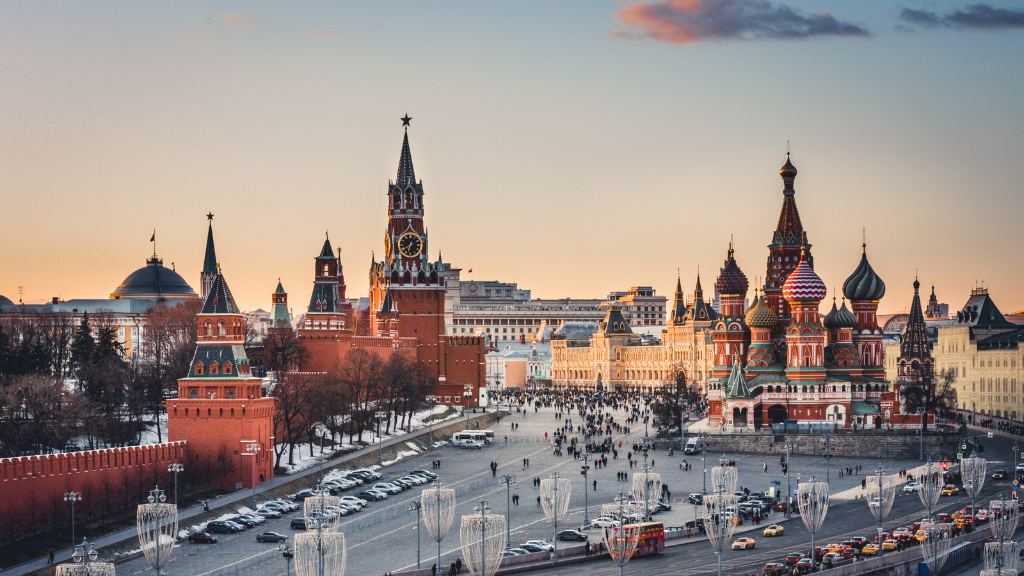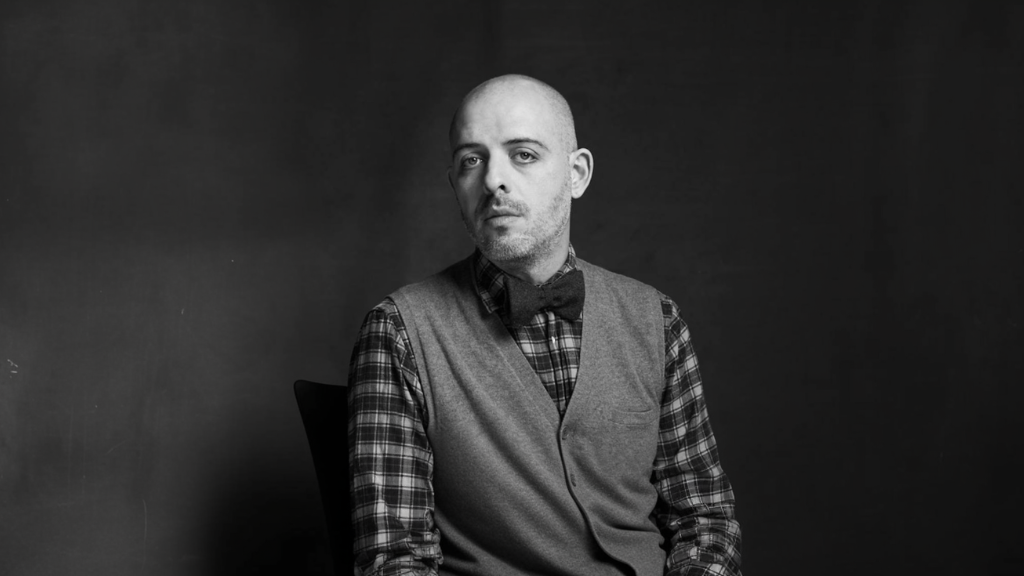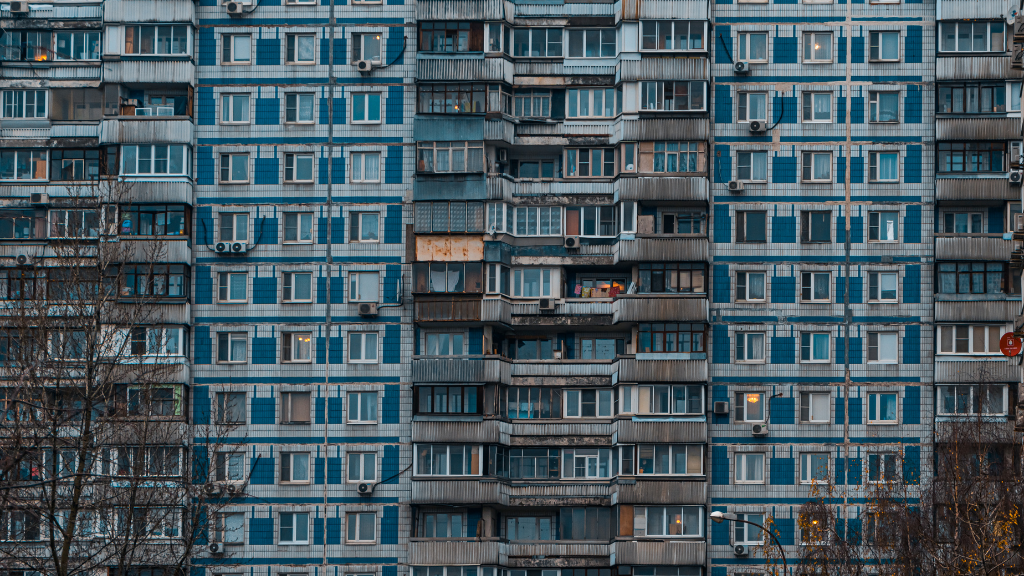- Событие прошло

Explaining and Documenting Ukraine’s Famine: New Research Findings from UK
Explaining and Documenting Ukraine’s Famine: New Research Findings from UK
As we approach the centenary of Ukraine’s famine of the 1930s, we are yet to understand its scale and mechanism. There’re not many witnesses left, but the archival documents, written testimonies and photographic evidence allow researchers to analyse and reveal the most hidden aspects of the biggest tragedy in Ukraine’s history.
This event will include a talk by Daria Mattingly, a PhD candidate in Ukrainian studies at University of Cambridge and Samara Pearce, artist, photographer and researcher. Samara’s presentation will be accompanied by a slide show of unique Holodomor photographs. The talk will be in English, moderated by Marina Pesenti, director of Ukrainian Institute London.
Samara Pearce, a great-granddaughter of Austrian engineer Alexander Wienerberger, who captured the genocide of Ukrainians in Kharkiv in 1933-34. His photos are almost the only photographs serving as evidence of Holodomor. Samara is working on preserving the memoryof her great-grandfather, whose life story is so important to Ukraine, but largely unknown. Samara will talk about this unique collection of Holodomor photos made by her great grandfather and will show the historical collection.
Daria Mattingly, a PhD candidate in Ukrainian studies at University of Cambridge is working on a project that is an interdisciplinary examination of the identities, activities and memorial traces of the rank-and-file perpetrators of the 1932-33 famine in Ukraine, known as the Holodomor.
While Stalin and his fuctionaries in the Kremlin have long become an object of enquiry, people who directly facilitated mass famine in Ukraine have largely been neglected by scholars. Who were the perpetrators on the ground? How have they been remembered? To answer such questions, Daria proposes a methodology that incorporates a microhistorical analysis of the famine period with a close reading of memorial and cultural texts composed after the famine. She draws on archival data, testimonies of the perpetrators and the survivors of the famine, and on contemporary ‘post-memory’. Casting what took place in the rest of the country in greater relief, her study challenges reductive readings of the famine as well as readings of its active participants as outcasts devoid of historical agency.
Find Events
| June | July | August | September | October | November | December | ||||||||||||||||||||||||||||||||||||||||||||||||||||||||||||||||||||||||||||||||||||||||||||||||||||||||||||||||||||||||||||||||||||||||||||||||||||||||||||||||||||||||||||||||||||||
Thu26 | Fri27 | Sat28 | Sun29 | Mon30 | Tue01 | Wed02 | Thu03 | Fri04 | Sat05 | Sun06 | Mon07 | Tue08 | Wed09 | Thu10 | Fri11 | Sat12 | Sun13 | Mon14 | Tue15 | Wed16 | Thu17 | Fri18 | Sat19 | Sun20 | Mon21 | Tue22 | Wed23 | Thu24 | Fri25 | Sat26 | Sun27 | Mon28 | Tue29 | Wed30 | Thu31 | Fri01 | Sat02 | Sun03 | Mon04 | Tue05 | Wed06 | Thu07 | Fri08 | Sat09 | Sun10 | Mon11 | Tue12 | Wed13 | Thu14 | Fri15 | Sat16 | Sun17 | Mon18 | Tue19 | Wed20 | Thu21 | Fri22 | Sat23 | Sun24 | Mon25 | Tue26 | Wed27 | Thu28 | Fri29 | Sat30 | Sun31 | Mon01 | Tue02 | Wed03 | Thu04 | Fri05 | Sat06 | Sun07 | Mon08 | Tue09 | Wed10 | Thu11 | Fri12 | Sat13 | Sun14 | Mon15 | Tue16 | Wed17 | Thu18 | Fri19 | Sat20 | Sun21 | Mon22 | Tue23 | Wed24 | Thu25 | Fri26 | Sat27 | Sun28 | Mon29 | Tue30 | Wed01 | Thu02 | Fri03 | Sat04 | Sun05 | Mon06 | Tue07 | Wed08 | Thu09 | Fri10 | Sat11 | Sun12 | Mon13 | Tue14 | Wed15 | Thu16 | Fri17 | Sat18 | Sun19 | Mon20 | Tue21 | Wed22 | Thu23 | Fri24 | Sat25 | Sun26 | Mon27 | Tue28 | Wed29 | Thu30 | Fri31 | Sat01 | Sun02 | Mon03 | Tue04 | Wed05 | Thu06 | Fri07 | Sat08 | Sun09 | Mon10 | Tue11 | Wed12 | Thu13 | Fri14 | Sat15 | Sun16 | Mon17 | Tue18 | Wed19 | Thu20 | Fri21 | Sat22 | Sun23 | Mon24 | Tue25 | Wed26 | Thu27 | Fri28 | Sat29 | Sun30 | Mon01 | Tue02 | Wed03 | Thu04 | Fri05 | Sat06 | Sun07 | Mon08 | Tue09 | Wed10 | Thu11 | Fri12 | Sat13 | Sun14 | Mon15 | Tue16 | Wed17 | Thu18 | Fri19 | Sat20 | Sun21 | Mon22 | Tue23 | Wed24 | Thu25 | Fri26 | Sat27 | Sun28 | Mon29 | Tue30 | Wed31 |
SUBSCRIBE
Receive our digest once a week with quality Russian events and articles



